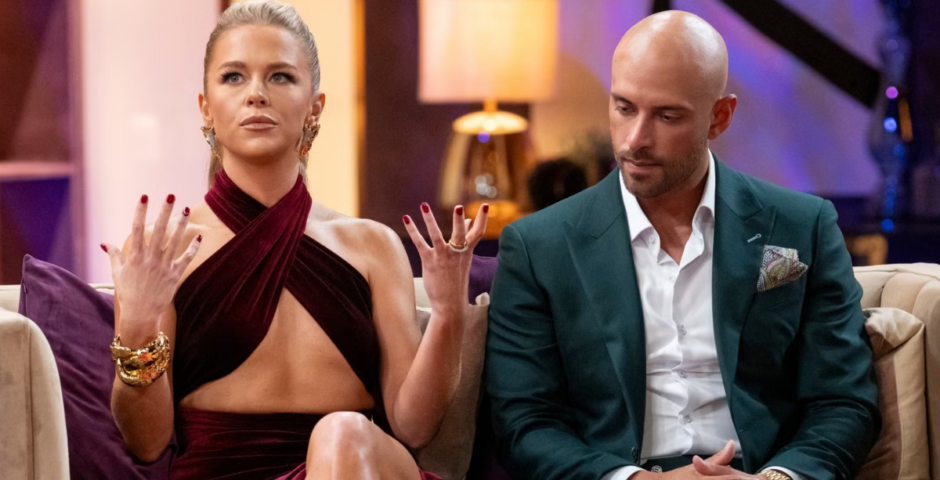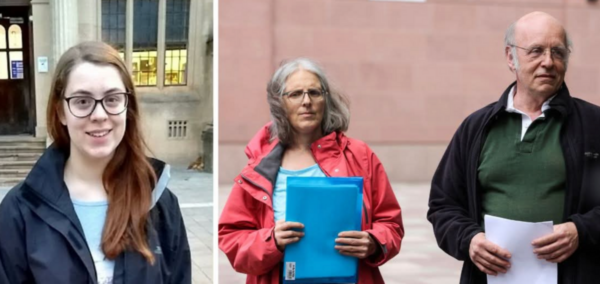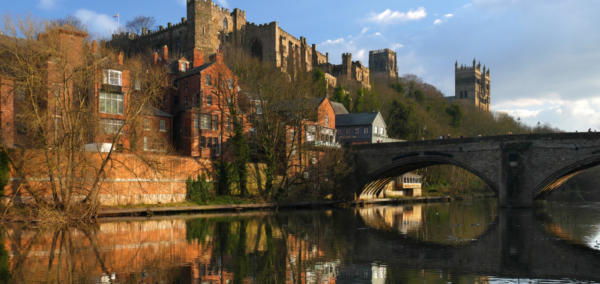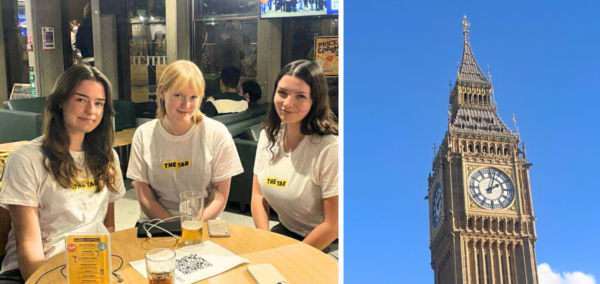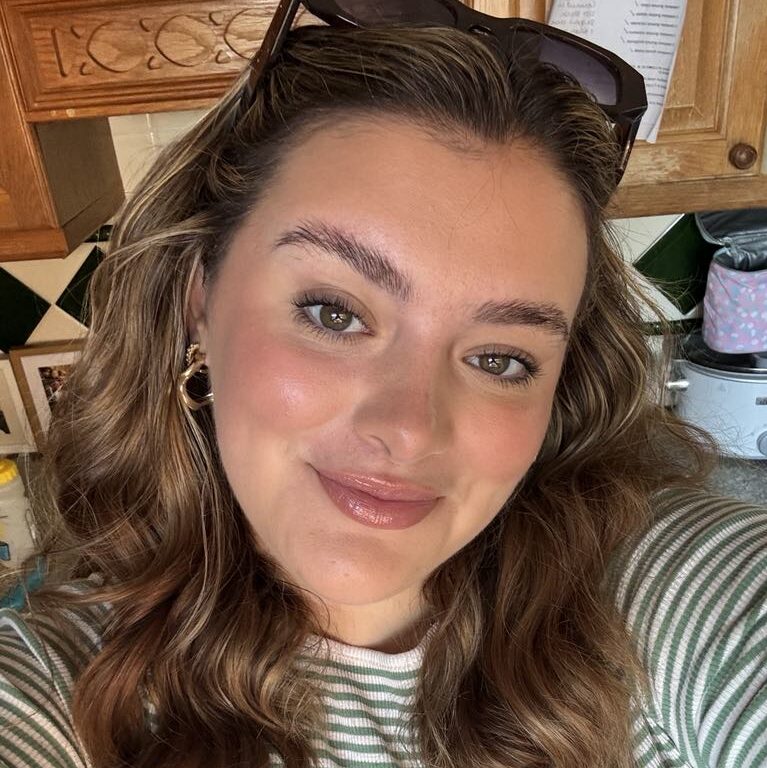
Abracadab-rah: Exeter announces a new degree in… actual magic
Feat. A game of how many magical references can you spot
There is room on the broom at the University of Exeter as a new MA in Magic and Occult Sciences has been announced for 2024. Whether you’re a fan of the iconic Yennefer, or the dear Gandalf, magical huns head to the front: this flexible degree gives you creative control over your studies.
For some of you, an MA in Magic and Occult Sciences will conjure concerns for credibility and relevance in today’s world. What potential career paths will graduates of the MA pursue when life-after-university unsuspectingly falls on them like Dorothy’s farmhouse from the sky?
Having experienced some initial scepticism myself, I reached out to Senior Lecturer Dr Emily Selove. After talking to Dr Selove and listening to her feature on The Secret History of Western Esotericism Podcast, I have gradually accepted the notion that “there’s a little witch in all of us”. Hopefully, one of you religiously watches Sandra Bullock movies to understand that reference.
There is a growing popularity in the study of Magic and Occult Sciences as, particularly in the Western World, a large majority are increasingly disengaging with mainstream religion and looking for alternatives elsewhere. Some take refuge in spiritualism and in promoting the individual. Some are snarky to admit “>it’s all just a bunch of hocus pocus”: shout-out to the Sanderson Sisters.
Nonetheless, the mass shift in belief has contributed to “a recent surge in interest in topics pertaining to magic and occultism [and those professions which revolve around art, culture and social engagement] have experienced a similar surge in demand for this expertise”, Dr Selove writes.
Most Read
It seems we’re all getting more curious. Gullible is always on the ceiling for me and so, I’m usually down to believe in all things occult. For example, tarot cards were going to be bought sooner or later when you live with a fangirl of Netflix’s Sabrina and though it’s mostly for a laugh, the occult practice produces some eerily accurate readings.
In the podcast, Dr Selove admits that there is a “spooky concentration of colleagues across various departments who study [magic and the occult] from every angle imaginable”.
The Centre of Magic and Esotericism at Exeter offers a staff with a diverse range of expertise, from Renaissance and Magical Literatures to Science and Technology, and Sociology. You’ve got to love the versatility. The variety guarantees that students enrolling in the course are bound only by their own academic ingenuity and creative potential. For example, the diss can be completed either in the Institute of Arab and Islamic Studies for a text-based approach, or it can be completed in the Department of Drama for those who prefer a practise-based and performative method.
The introduction of the MA in Magic and Occult Sciences at the University of Exeter is certainly an exciting one, but one that begins to rectify the region’s damning history with witchcraft. The Devon Witches, Temperance Lloyd, Susannah Edwards and Mary Trembles were the last people tried and executed for witchcraft in England. The city has since attached a commemorative plaque on the gatehouse of Rougemont Castle, on Castle Street, to immortalise these women.
Next time you stumble back from TP, stumble a little further to have a look-see.
I hope that the MA is used by some to recognise and reconcile with those wrongly persecuted for witchcraft. Dr Selove echoes this by writing, “the University of Exeter has a history and reputation for the study of these subjects […] suffice it to say, I hope to bring these regional interest[s] into dialogue with their global context through this MA”.
We cannot wait to see this degree in action. If you want to register your interest, please contact Dr Emily Selove via [email protected] or visit her blog or the above podcast for more info.
Related stories recommended by this writer:
University of Exeter ranked in UK top 20 in new uni league table
Exeter graduations will not be affected by marking boycott, university confirms
Nearly half of Exeter’s graduating students have no confirmed outcome of their degree


